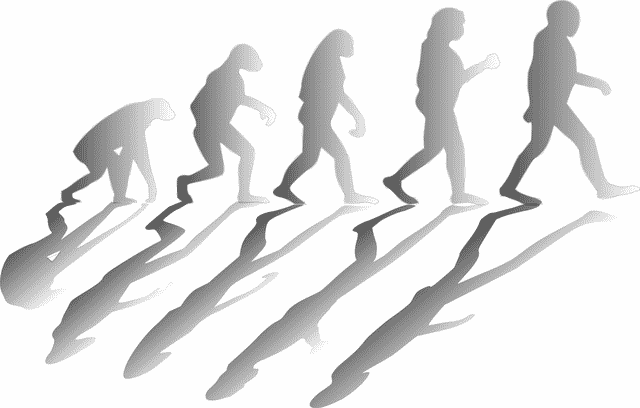
Darwinism is a system of theories developed from the ideas of Charles Darwin.
Darwinism is called the scientific theory that postulates that the evolution of species is generated from the natural selection of specimens, perpetuated through inheritance . The name of the theory derives from Charles Darwin (1809-1882), the English naturalist who developed it.
Darwinism is part of evolutionism , the doctrine that maintains that modifications in the genetic inheritance of living beings through successive generations have produced the biological diversity that exists on our planet. All species , in this framework, would have evolved from a common ancestor .
Darwinism and natural selection
The novelty of Darwinism is the introduction of the idea of natural selection. In his work “The Origin of Species” , published in 1858 , Darwin points out that evolution is linked to the differential reproduction that develops genotypes (the genetic information of a specific organism).
Natural selection refers to the fact that environmental conditions hinder or favor reproduction according to the characteristics of the organism. Thus, that genotype that was able to adapt to its environment persists over time.
It is important to keep in mind that Darwinism, in reality, is not a single theory, but a system of interrelated theories that explain the evolution of species. Initially, the notion of Darwinism was appealed to as the opposite of creationism (the position that maintains that God created each species through a divine act).

Natural selection as an evolutionary mechanism is one of the bases of Darwinism.
The case of human beings
On the other hand, ideologies that promote the survival of the strongest human beings as a method of evolution of society are classified as social Darwinism . This implies not attending and even trying to eliminate the most vulnerable social groups.
To ensure that only the fittest group survives (and by group we can understand an entire nation, a social class, an ethnic group, etc.) it is necessary to confront them in various competitions, either to achieve certain positions or for the natural resources they have. they need to survive.
Herbert Spencer and social Darwinism
The concept was questioned by the author Joseph Fisher in 1877, to express that there was no evidence in the Brehon laws (the Irish statutes that were in force until 1171) that there had been an evolution of this type in the Anglo-Saxon property system . . Herbert Spencer , English naturalist and anthropologist, was the one who proposed social Darwinism formally through his work.
Spencer was the one who proposed the application of the theory of evolution in the social sphere, so we should not attribute these ideas to Charles Darwin. In fact, some of the ideas that make up Social Darwinism are believed to predate Darwinism itself. For example, Spencer claimed to have been influenced by certain views coming from Lamarckism , the theory of evolution proposed by the French naturalist Jean-Baptite Lamarck , and the work of Thomas Robert Malthus , a very prominent British scholar in the fields of demography and political economy.
Darwin's own view
It is important to mention that the defenders and supporters of Charles Darwin not only try to disassociate this social concept from his theory of evolution, but they also assure that he was not in favor of social Darwinism because he believed that social policy could not support selection. nature and the fight for survival.
At the other extreme are many critics who claim the opposite, to the point of pointing out that Darwin never distinguished social evolution from biological evolution; For example, in his work The Descent of Man , he himself cites Herbert Spencer more than once, referring to him as "our great philosopher", while suggesting an undeniable link between evolution and the concept of society, where The strongest also survives .
